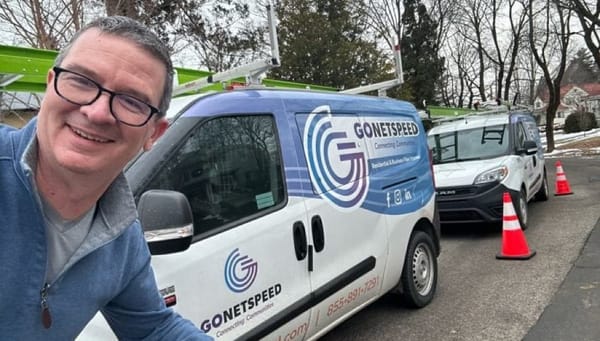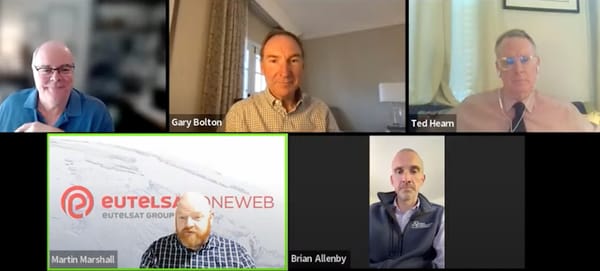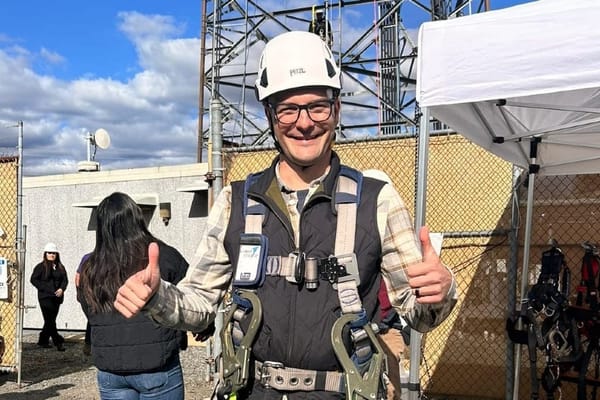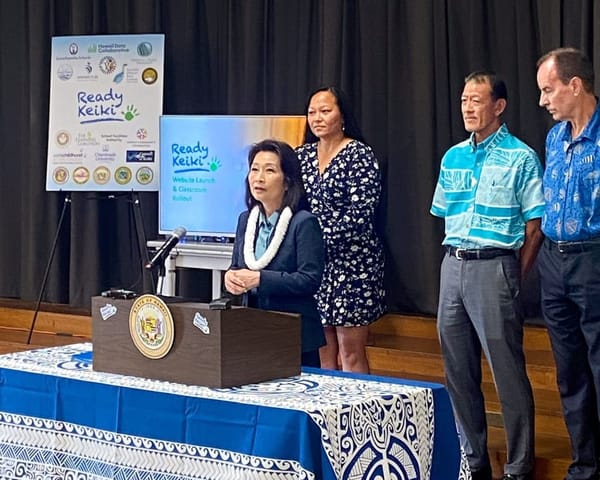Louisiana the First State to Launch BEAD Challenge Process
ConnectLA is the first state agency under BEAD to kick off an evidence-based procedure ground-truthing local broadband data.
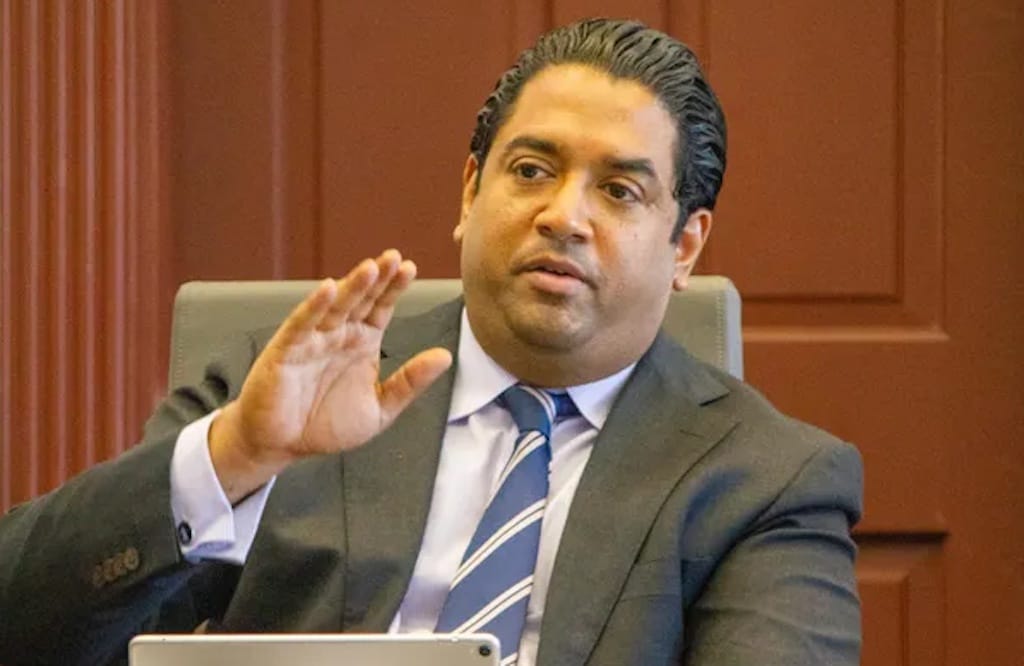
WASHINGTON, October 6, 2023 – Louisiana on Friday became the first state in the nation to begin its Broadband Equity, Access and Deployment program challenge process.
The launch of the broadband challenge process by ConnectLA marks the first time that a state broadband agency, under BEAD rules, kicks off an evidence-based procedure reviewing ground-truth local data against internet service provider claims of service.
“We have always worked with a sense of urgency to eliminate the digital divide,” said Veneeth Iyengar, director of ConnectLA. “Today’s start of the challenge process represents a significant step to draw down on funds from BEAD and to ensure once and for all that Louisianans in rural and urban areas have what they have also needed and deserved which is high-speed affordable and reliable internet.”
The state has frequently been the first in the nation on BEAD implementation landmarks, and the launch of ConnectLA’s challenge process makes the culmination of nearly two years of preparation by 56 state, district and territorial broadband offices.
The bipartisan infrastructure law passed in November 2021 and is a signature accomplishment of President Joe Biden. The law, and the rules implemented by the Commerce Department’s National Telecommunications and Information Administration, establish a framework for ensuring that Americans lacking access to broadband will be able to receive service through BEAD and other funds.
That law, the Infrastructure Investment and Jobs Act, invested $65 billion in broadband. Now ConnectLA’s move marks a step forward in the $42.5 billion federal effort through BEAD to expand broadband access. Other states are still submitting initial proposals for administering their allocations under the program, due December 27.
BEAD rules require states to accept and process challenges to broadband availability data before awarding grants under the program.
Going fast with a lean team
In spite of having only a three-person full-time staff, Louisiana was also the first state to have volume one of that proposal, which outlined the challenge process starting Friday, approved by NTIA on September 19, 2023.
Facilitating Louisiana’s program is the Ready Challenge Process Coordinator, part of a software platform purpose-built to assist leading state broadband offices in being data-driven, scalable and compliant throughout their broadband programs.

Louisiana using the Challenge Process Coordinator
Providers in Louisiana will have from November 8 to December 8, 2023, to rebut challenges, requiring evidence, such as information from network diagrams and management systems. The state will then weigh evidence and make determinations on its final broadband map by January 4.
Louisiana submitted the second volume of its initial proposal, detailing how it plans to award BEAD grants based on that map, to the NTIA on Monday. The state will have one year from the approval of that proposal to spend all $1.35 billion of its allocation.
Prioritizing the ‘unserved’ areas over other others
The BEAD program prioritizes areas marked as “unserved” – those with access to speeds of 25 Megabits per second (Mbps) download and 3 Mbps upload – for subsidized infrastructure projects, followed by ‘underserved’ areas – those with less than 100 * 20 Mbps.
Louisiana adopted the NTIA’s model challenge process, a template the agency put together for states to expedite the proposal approval process. That process is slated to last 90 days, ending in Louisiana on January 4, 2024. The state will be accepting challenges for the first 30 days, until November 5, 2023, followed by rebuttal and adjudication phases of the same length.
Challenges in the state can allege that data on things like internet speed, technology type, latency, and data caps available at a location is inaccurate.
Making use of area challenges and MDU challenges
Louisiana is making use of two optional modifications the NTIA laid out: Area challenges and multiple dwelling unit, or MDU challenges. Under these rules, if six locations in a census block group or 10 percent of the units in an apartment building challenge the same provider’s technology or coverage, the provider must provide evidence that they serve the entire block group or building as reported in government data.
In the second volume of its initial proposal, Louisiana declined to set an extremely high cost per location threshold — the point at which it would consider fiber-optic infrastructure too expensive and consider other, less future-proof technologies.
Louisiana said in its proposal it plans to first review the grant proposals it receives, and if a non-fiber proposal would serve significantly more locations than a fiber proposal in the same area, it may elect to choose the cheaper proposal to get broadband to more residents. The proposal also noted Louisiana plans to fund fiber to every un- and underserved location in the state, and thus might not need a high-cost threshold at all.




